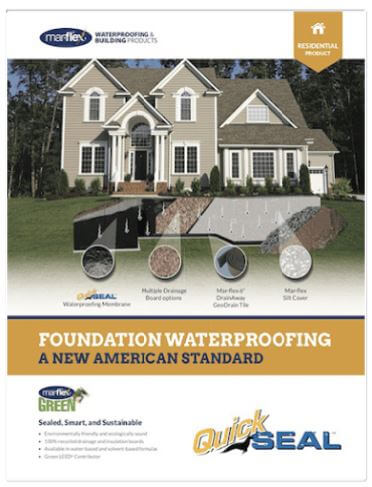When you identify a mold problem, you need to take immediate action. This can involve trying an over-the-counter product, using dishwashing gloves, and perhaps sponges and wipes you have under your sink.
But is this the best way to do it?
In many cases, this immediate action will address most of the problem. However, often where there is visible mold, there is invisible mold and related problems. If you are a homeowner or renter, this might be enough. If you are a landlord, and you have more than just your own health and well-being in mind, you might choose to hire someone for mold abatement.
That person should be a certified and trained mold abatement specialist.
What is a mold remediation certification?
In every state there are expectations and laws for the procedures to remove mold. This is because mold can be dangerous not just to the resident or occupant of the area where it was found, but to the person(s) removing it.
This training includes specialized instruction on the proper tools and methods to address various kinds of mold.
Mold remediation certification includes training and identifying types of mold. There are some common types of mold that are less harmful than others. Sure, all kinds of mold are undesirable, but some are actually dangerous to human health.
Knowing the difference between regular and hazardous mold is an important part of the training and certification process.
Additionally, there are common household products that are often used for mold abatement. But not every over-the-counter product is the right product. Some only address part of the problem.
And there are some molds and situations where the right response is removing everything that showed signs of mold, so the answer is construction, not treatment. Knowing the difference is part of the training.
Additionally, experts are trained on how to treat the contamination without spreading mold spores and otherwise exposing people to further concerns.
Finally, understanding the laws and regulations in your area is another part of the training. There are specific requirements for how to do mold abatement, and whoever owns the property is responsible for following these rules completely.
If you are seeking to get mold abatement certification, or are seeking someone who has it, you can start by checking out CHC Training, where they offer state-by-state information about taking and completing the training.
You can also verify that the person you have contacted to do the work has this certification at their site.
The safest option is the best option!
